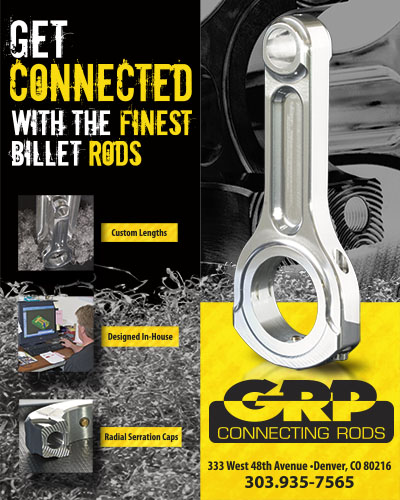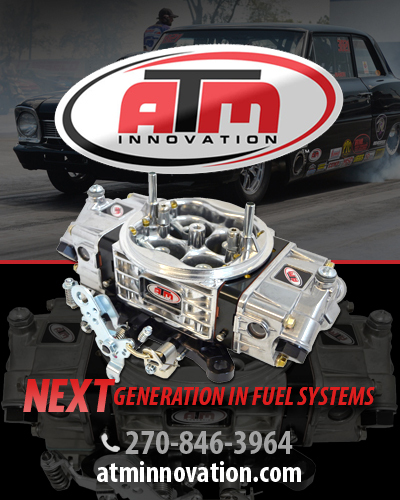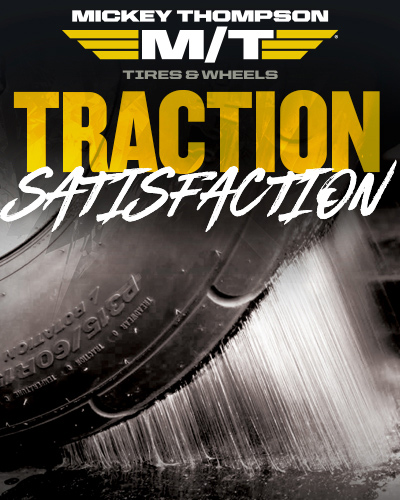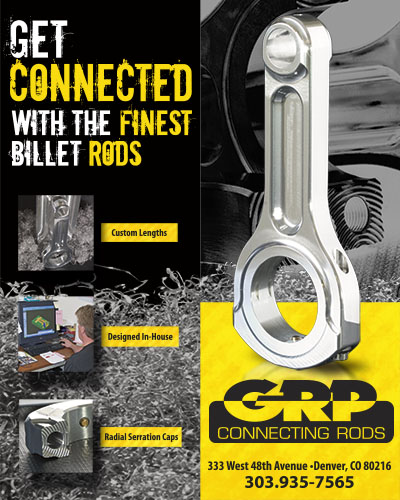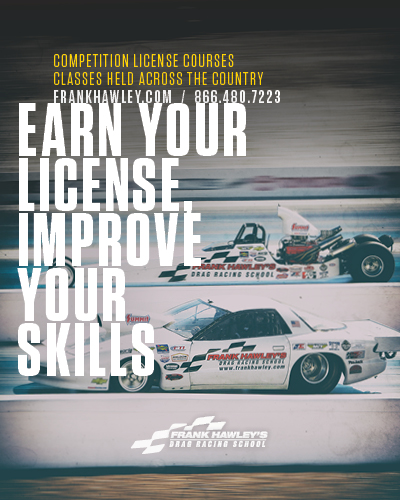GARDNER’S KNOWLEDGE AN ASSET TO SSG DURING THIS UNPRECEDENTED STRETCH
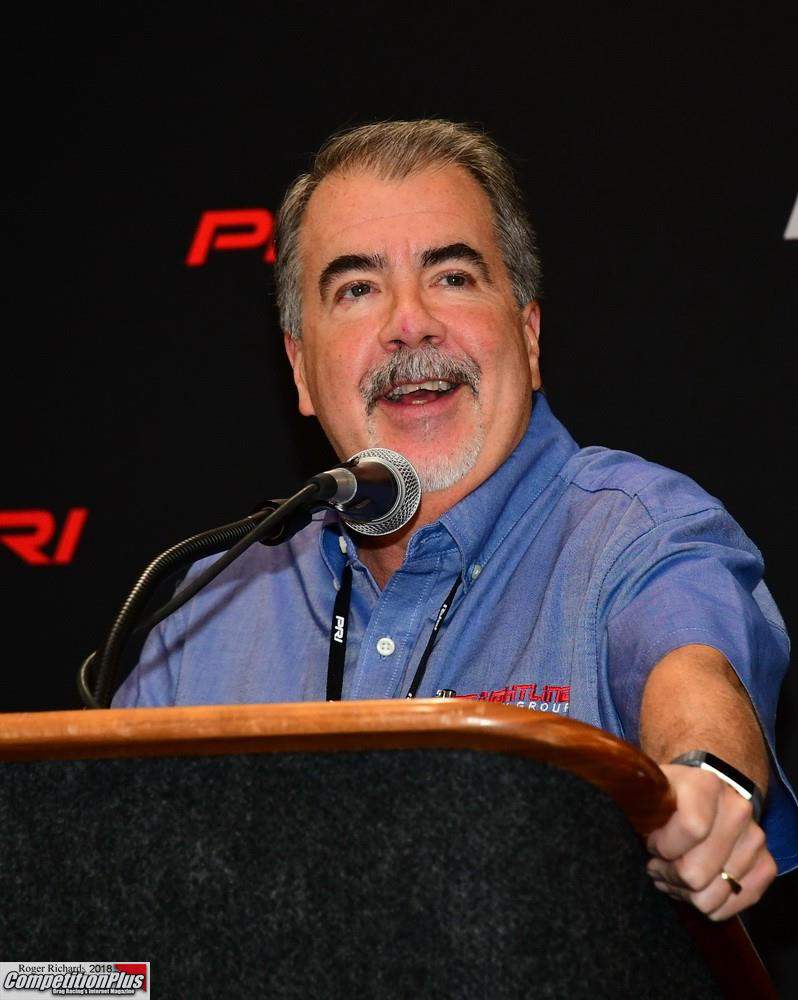 During the ongoing emergency suspension of drag racing, rumors have floated, racers and fans alike have formed their own forecasts, and the NHRA has been communicating with all sorts of sources about when and how the sport will be able to resume.
During the ongoing emergency suspension of drag racing, rumors have floated, racers and fans alike have formed their own forecasts, and the NHRA has been communicating with all sorts of sources about when and how the sport will be able to resume.
Scott Gardner, a partner in Straightline Strategy Group (SSG) – which operates the teams for Top Fuel’s Clay Millican’s and Funny Car’s Paul Lee – might have the best insight of anyone.
For 18 years, Gardner and wife Laura owned and operated Cordova Dragway Park in Illinois and managed Heartland Park Topeka in Kansas for a nearly two-year stint. In between those tasks, he served as President of the International Hot Rod Association. For about three years he has teamed with Doug Stringer and J.J. Koehler at SSG and coordinates the marketing effort.
So, he said, “My perspective is probably a bit unique” with “the experiences of being on the various sides of drag racing. I imagine I look at situations from angles that most probably don't consider. It's easy to get tunnel vision and especially without the knowledge of the other issues being faced.”
Once the NHRA reveals its plan for moving forward in the expected May 4 announcement, speculations at least will be focused on the game plan the sanctioning body has laid out. Until then, everyone outside of the decision-making circle centered at Glendora, Calif., has been left to guess or second-guess what the remainder of the 2020 schedule might look like. And Gardner, like everyone else, has some predictions, although his insight makes his a bit more educated.
“I'm cautiously optimistic that we'll have some national events during 2020. I don't have my heart set as they are scheduled now, as I don't see that as a realistic option. I can't imagine all those regions of the country allowing fans to congregate at the level. There will simply be places we can't go,” he said. “I'm very optimistic that sportsman racing will resume in many areas of the country at least on a local level and hopefully with some larger LODRS events and such, as well.
Talk emerged that the NHRA might simply end the season with the two races already in hand (the Winternationals at Pomona, Calif., and the Arizona Nationals at Chandler, near Phoenix).
But Gardner said, “First, I confident that if NHRA had to make such a decision, it would be because there was not any other viable options left on the table. Unfortunately, professional drag racing can’t operate without our loyal fans, as there isn’t an income source available to replace those dollars. So my guess is if we aren’t allowed to gather in crowds, we probably won’t have events, because there would be no real point in having them.
“I have no doubt it would be financially difficult for our team, and probably many others, if we are not able to race. The fact remains that we continue to have ongoing expenses, no matter if we have events to attend or not. So it’s a two-edged sword,” he said. “First is the overall financial stability of the company, and second is not being able to completely fulfill sponsor obligations. During this Covid-19 period with no events to attend, we have been doing numerous promotions for our sponsors. We want to fill that promotion gap as much as we can and keep their names in the forefront.”
The impact is not limited to finances, Gardner knows.
“The emotional aspect is likely somewhat different for each person involved. Our team is definitely a family operation, so we often have emotions that a typical family would have,” he said.
“For me personally, it’s been a roller-coaster year in a variety of ways, which has been emotionally difficult. First, I’m concerned if we would go back to racing, at what cost would it be for mankind? We don’t want to be part of the problem and have the spread increase because of our events. I also often wonder if our society is overreacting and the disease doesn’t spread at the rate that it was originally believed it would. It’s a hard position to think through and to know what is correct. I have learned during this time to not take life and our freedoms for granted,” Gardner said.
What about sponsors? How can teams promote them and “earn their keep” when no one involved saw this catastrophe coming? Will those sponsors return when the sport receives the OK to fire up cars again? What are sponsors thinking? Will they be able to continue supporting their teams and the series, or will they need to divert what revenue they still have to taking care of their own employees?
Gardner can’t predict the answers to all of those questions. He isn’t a clairvoyant. Even with his considerable knowledge, he conceded, “Every sponsor is unique and has different marketing goals. Therefore, there is not a set answer.
“I believe at the end of the day it comes down to relationships and developing a plan that works for all parties involved,” he said.
“Our sponsors are really partners, and we have a deep concern for their business and how Covid-19 has affected them. There isn’t anyone to blame in racing for the situation we all find ourselves in, so we have to pull together in the same direction to get to the best spot we can collectively. Throughout my career, sponsors have always been vitally important, and I have and will continue to do what is needed to be sure they are being taken care of,” Gardner said. “Heck, without sponsors, we wouldn’t have professional drag racing. They, along with the fans, are the heartbeat of the sport.
“Now, with all this said, I’m sure there are teams that are looking at their own interest as it relates to their specific sponsorship contracts. However, I hope NHRA looks at the big picture and not one or two particular instances when making decisions about national events in 2020. We have to look out for the best interest of the sport in the long term, not just 2020,” he said.
But in the short-term, he doesn’t buy into the argument that racers will save money by not traveling to 24 expensive events across the country and back.
“I can only speak for our team and that we absolutely need the income from racing to keep us in business,” Gardner said. “The income we generate from the events for our business is both from purse monies and hospitality services we provide and is vital to cover the operational costs of travel (hotels, fuel, flights, et c.). With no purse or hospitality, it would be more than difficult for us to be an active participant. We simply don’t have the resources to the cover the travel overhead without those income sectors.”
He said, “We might be able to participate as ‘race-and-park’ teams - make one qualifying run and have no real goal/opportunity of going rounds – without those additional resources. But we have no interest in that model. We go to races to win for our sponsors, fans, and for us, as it’s the mechanism that creates the drive to win.”
SSG teams and their competitors will find out Monday what the NHRA’s road map will be. And before long, this will add yet another unique perspective to Gardner’s resumé.


























